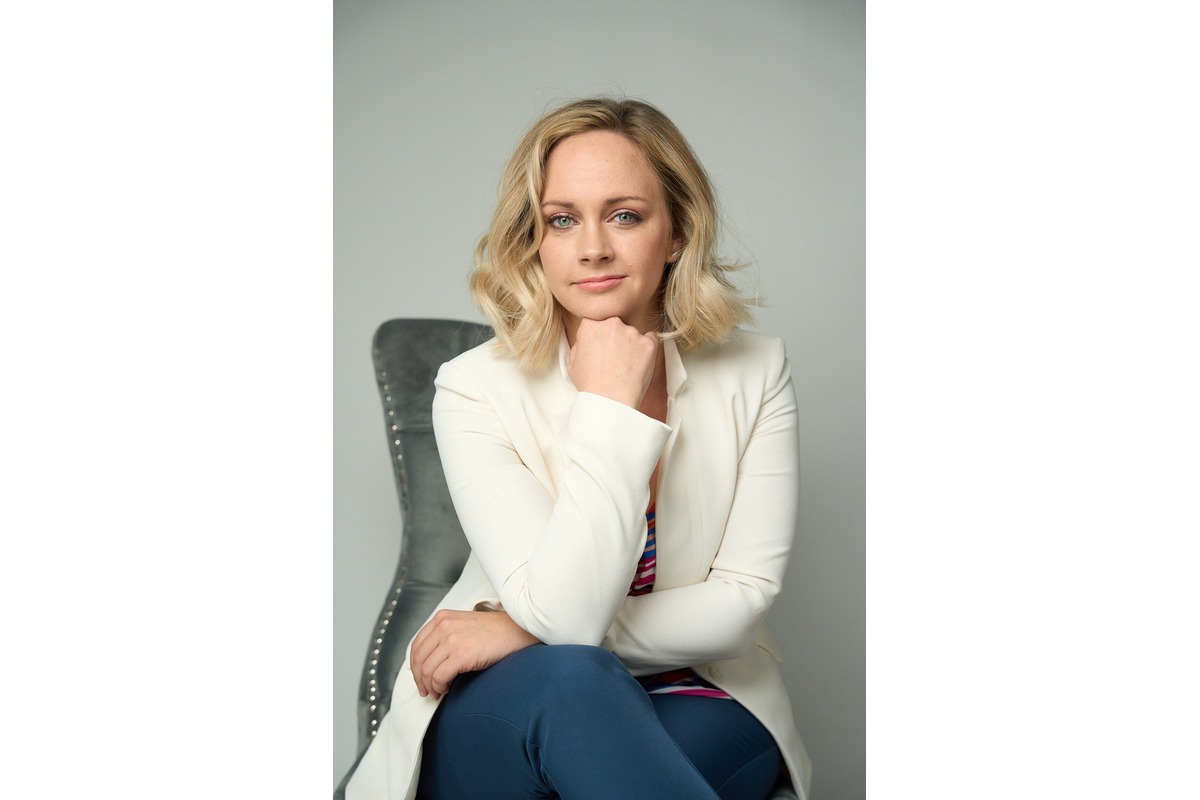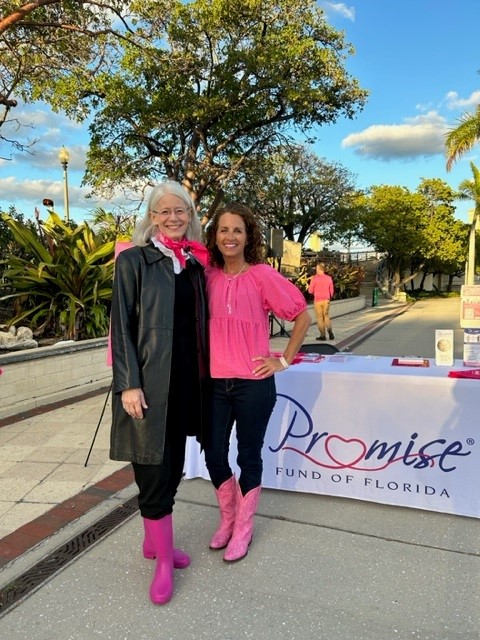Pharmacy students pitched creative proposals to treat asthma, reduce hospital readmission rates and improve drug performance to three industry executives during an entrepreneurship challenge Friday morning.
Assistant Professor of Pharmacy Dr. John Dougherty organized the challenge for students in his “Pharmacy Application of Pharmacoeconomics, Management and Informatics” class. Red Oak Sourcing President Dr. Punit Patel, Ingenus Pharmaceuticals Chairman & CEO Raju Mantena and Managed Care Network founder Susan Petrovas offered feedback on how students could improve their business models. Petrovas also co-founded CDMI LLC, which Magellan Health Services bought in 2014.
Ian Clarke, Nicole Latinkich, Mehrnoush Mohammadpour and Isabelle Serbulescu presented the winning proposal, in which they called for hospitals to hire additional pharmacists to provide at-home medication counseling to decrease re-admission rates.
“It’s a big problem, and the government knows it,” Clarke said of patients landing back in the hospital.
Having pharmacists give in-home consultations would not only improve patient care, it would save hospitals money by lowering the government penalties they pay for readmission rates, Latinkich said. Students used publicly-available Medicare data to build their case.
The traveling pharmacists will discuss all medications, including over-the-counter drugs and herbal supplements with their patients.
Using data from a Home Health Care Nurse Association study, the students determined that two additional pharmacists could make 1,412 home visits in a year — more visits than a local hospital would need to service its patients. A decrease of even two or three percentage points in readmission rates would save the hospital thousands of dollars, Clarke said. Ian Clarke presents a proposal for hospitals to hire pharmacists to provide at-home medication counseling in order to lower readmission rates and reduce penalties. Teammate Isabelle Serbulescu listens.
The students’ plan reflected the future of patient care — nurses, doctors, pharmacists and others collaborating, Petrovas said.
“The future of healthcare should be a team…taking care of patients as a whole,” Petrovas said.
Callyn Parker, Surge Yang, Ashley Clark and Vi Tran finished in second place with their proposal to use genetic testing to predict drug performance and avoid adverse reactions. Estimated health care costs for such reactions are about $200 billion each year, the students said.
In their model, pharmacists suggest the genetic tests to patients based what medications they’re taking. The patients swab the inside of their cheeks, and the pharmacists send the swabs to a lab. The lab sends back genetic results securely through encryption and the pharmacists give patients a card to show them what enzymes they metabolize poorly and what enzymes they metabolize quickly. The pharmacists then recommend any medication changes to the patients’ physicians, the students explained to the judges.
The group proposed selling starter kits of five genetic tests and promotional materials to a pharmacy for $850. A pharmacist’s initial certification required to perform genetic counseling would cost $250. The pharmacy would then sell the genetic tests to patients for $198.99 and charge $49 for a consultation, for which the pharmacy keeps the profit.
The third-place group, Hailey Amlott, Yaniris Delgado, Brenden Mahmood and Sonex Pierre-Gilles, proposed asthma management clinics for college students within walking distance of their campuses. The students suggested pharmacies near large, four-year universities hire an additional pharmacist to care for the 18- to 24-year-old population by offering 20-minute, private consultations.
College students often don’t have the money to properly treat their asthma, and they end up in the emergency room with asthma attacks because of it, Amlott said. In 2010 alone, Florida saw 121,680 emergency room visits and hospitalizations associated with complications of asthma, with a cost of $952.6 million.
Said Mahmood: “This service could provide a lot of reduction in costs to the United States and healthcare.”


